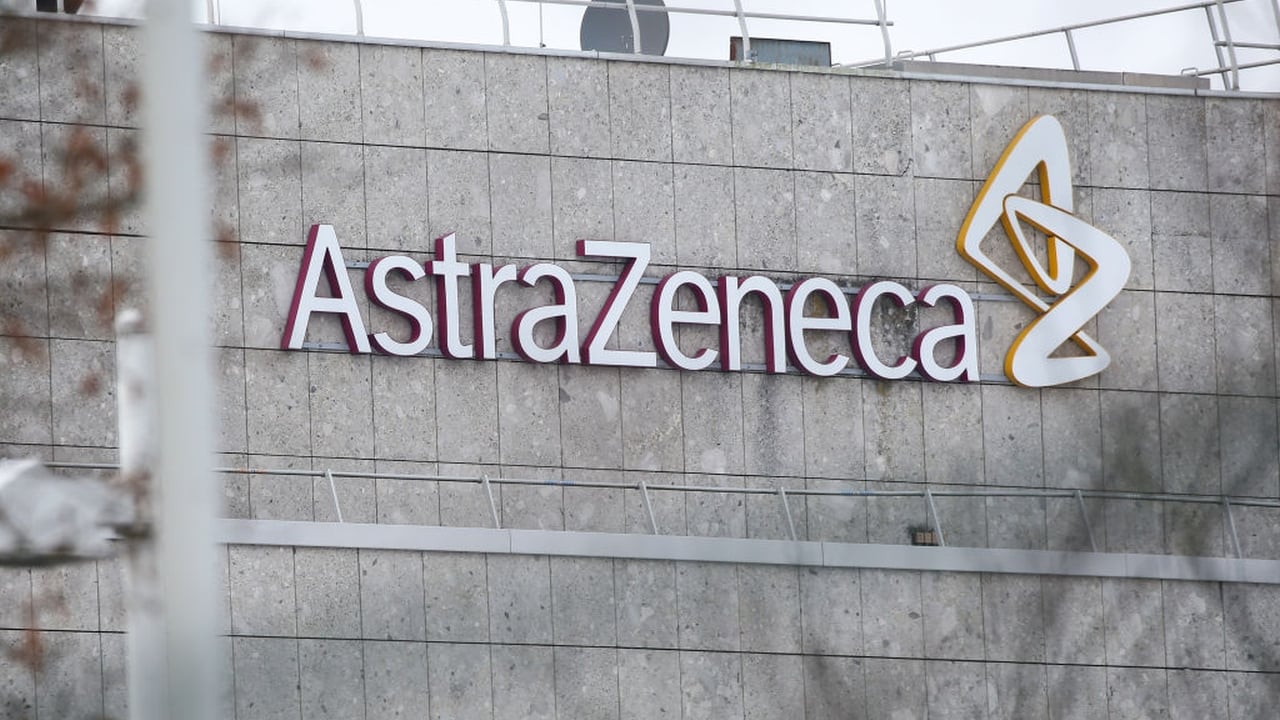AstraZeneca adds to rare blood disease portfolio with world-first Voydeya approval in Japan
19 Jan 2024
Drug ApprovalPhase 3Clinical ResultBreakthrough TherapyPhase 2

Preview
Source: FiercePharma
AstraZeneca's newest addition to its PNH portfolio is under review with health authorities across the globe.
A month after Novartis made its entry into the paroxysmal nocturnal haemoglobinuria (PNH) field, AstraZeneca’s newest contender Voydeya bolsters the company’s presence in the disease area with a world-first approval in Japan.
Voydeya (danicopan), a first-in-class oral factor D inhibitor, won backing from the Japanese Ministry of Health, Labour and Welfare (MHLW) for use alongside a C5 inhibitorC5 inhibitor to treat PNH patients who have had an insufficient response to C5 inhibitorsC5 inhibitors. It’s a new option for the 10% to 20% of patients with PNH who have experienced clinically significant extravascular haemolysis (EVH) after C5 inhibitorC5 inhibitor treatment, AZ notes.
Voydeya was designed as a potential add-on to AstraZeneca's established C5 inhibitorC5 inhibitor therapies Ultomoris or Soloris, which represent the current standard of care. In its ALPHA phase 3 trial, Voydeya was able to change hemoglobin levels from baseline to week 12 and meet secondary endpoints, including transfusion avoidance.
Long-term follow-up data from the study, which the company presented at December, showed that the improvements in mean hemoglobin levels and absolute reticulocyte count levels held up through 48 weeks. Plus, 83% of patients didn’t need a blood transfusion after 12 weeks, while 78% of patients could say the same after 24 weeks.
“Voydeya, as add-on to standard-of-care, is a testament to our determination to address the needs of those impacted by clinically significant EVH without disruption to proven therapy,” Marc Dunoyer, CEO of AstraZeneca’s rare disease subsidiary Alexion, said in a press release.
Fabhalta marked the first oral monotherapy approved in the U.S. for the rare blood disorder. Both Soloris and Ultomoris are injections.
Voydeya, meanwhile, carries an FDA breakthrough therapy designation in the U.S. It also received priority medicines status from the European Medicines Agency and is under review with “multiple global health authorities,” AstraZeneca noted in its release.
The company is also studying the med as a potential monotherapy for geographic atrophy in a phase 2 trial.
For more details,please visit the original website
The content of the article does not represent any opinions of Synapse and its affiliated companies. If there is any copyright infringement or error, please contact us, and we will deal with it within 24 hours.
Organizations
Indications
Targets
Hot reports
Get started for free today!
Accelerate Strategic R&D decision making with Synapse, PatSnap’s AI-powered Connected Innovation Intelligence Platform Built for Life Sciences Professionals.
Start your data trial now!
Synapse data is also accessible to external entities via APIs or data packages. Leverages most recent intelligence information, enabling fullest potential.




